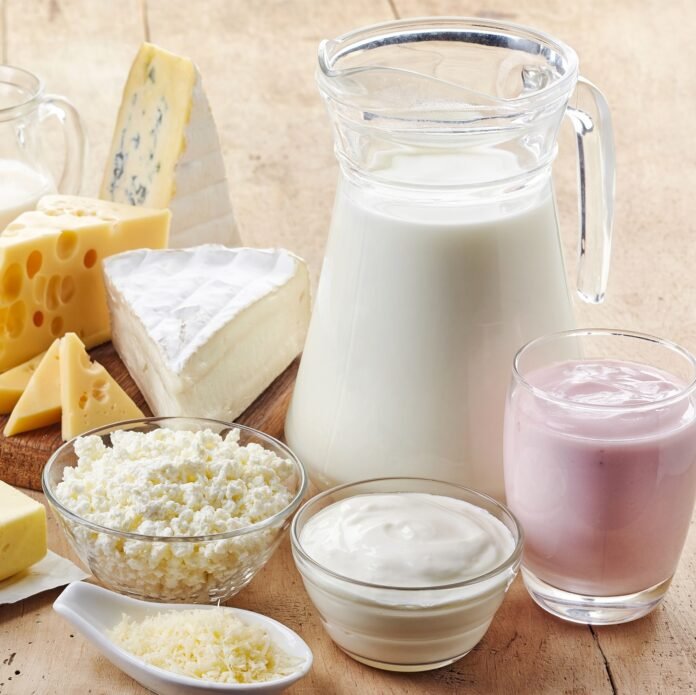Boiled vs Unboiled Milk: Milk is a staple in many households, providing essential nutrients like calcium, protein, and vitamins. However, there is an ongoing debate about whether boiled or unboiled milk is the healthier option. Boiling milk has been a traditional practice in many cultures, while others argue that unboiled milk retains more nutrients. In this article, we will explore the benefits and drawbacks of both boiled and unboiled milk to help you make an informed decision.
Read this also: Know the benefits of mushrooms
Boiled Milk vs Unboiled Milk: Know the difference

Boiled Milk:
Boiling milk is a common practice that aims to kill harmful bacteria and extend its shelf life. The process involves heating the milk to a high temperature, usually around 100 degrees Celsius, for a specific duration. This kills most bacteria, making it safer to consume, especially for children and individuals with weaker immune systems.
1. Increased Shelf Life: Boiling milk helps to prolong its shelf life by eliminating bacteria that can cause spoilage. This is particularly important in places with limited refrigeration facilities.
2. Reduced Risk of Infections: By killing harmful bacteria, boiling milk reduces the risk of foodborne illnesses such as salmonella and E. coli. This is especially crucial for pregnant women who are more susceptible to infections.
3. Easier Digestion: Boiling milk breaks down lactose, making it easier to digest for individuals who are lactose intolerant. It also eliminates certain enzymes that can cause digestive issues, such as bloating and gas.
Unboiled Milk:
On the other hand, proponents of unboiled milk argue that it retains more nutrients and enzymes that are destroyed during the boiling process. They believe that consuming milk in its natural form provides numerous health benefits.
1. Preserves Nutrients: Unboiled milk contains higher levels of vitamins, minerals, and enzymes that can be destroyed by heat. These nutrients contribute to stronger bones, improved immune function, and overall better health.
2. Enhanced Taste: Many people prefer the taste of unboiled milk, finding it creamier and richer in flavor compared to boiled milk. This can make it more enjoyable to consume, especially for those who struggle with the taste of boiled milk.
3. Probiotic Potential: Unboiled milk may contain beneficial bacteria, known as probiotics, which can support a healthy gut microbiome. These bacteria can aid digestion, boost the immune system, and promote overall well-being.
Ultimately, the decision between boiled and unboiled milk depends on personal preferences and health considerations. Boiling milk eliminates harmful bacteria and extends its shelf life, making it a safer option in certain situations. On the other hand, unboiled milk retains more nutrients and enzymes, offering potential health benefits. If you have access to high-quality, hygienic milk, unboiled milk can be a viable choice. However, if you are concerned about the risk of bacterial contamination or have a weaker immune system, boiling milk is recommended.



